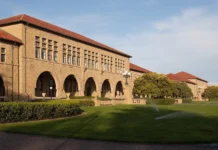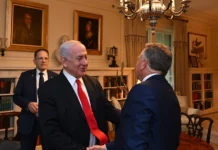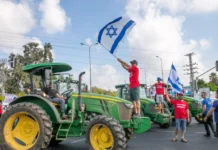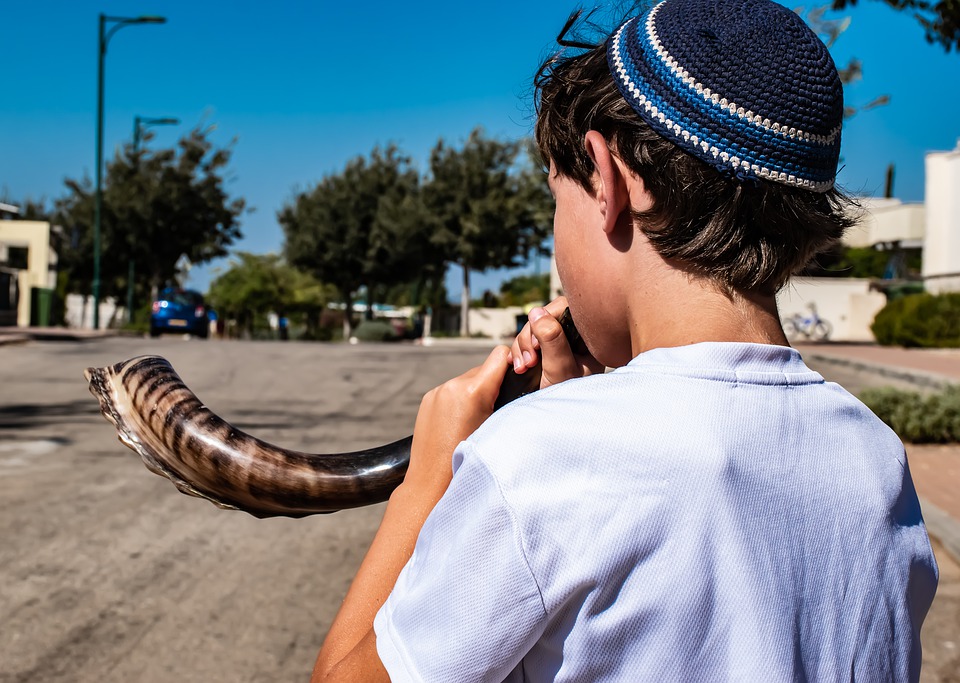A “Yom Kippur Jew” (a term coined by professor Yeshayahu Leibowitz) is a Jew who repents, gives charity and fasts, and who exercises restraint and looks inward. But before that, a “Yom Kippur Jew,” in my eyes, was someone who carried in his heart a sense of responsibility toward the Jewish people.
That responsibility is expressed in Jewish prayer, which often takes on the first person plural: “Our Father … we have sinned.” These prayers contain a confession and a request for forgiveness for the sins of others, too.
This responsibility was instilled in us in ancient times when Judah stood before Joseph, the ruler of Egypt, and said, to save his brother Benjamin, “For your servant became a pledge of safety for the boy.” This responsibility is also seen in the conduct the tribes of Reuven, Gad and half of Manasseh, who accepted Moses’s condition for their settling on the eastern side of the Jordan River, namely that they would first help to secure the territories of the rest of the tribes on the western side.
Jews even need a quorum to pray, another expression of Jews’ responsibility to each other. Nine Jews need a tenth, and one needs nine, and eight need two, and two need eight, and so on. If they don’t join together, their prayer will be private rather than public one. The togetherness will not exist.
This is why “lone” Jewish soldiers come to Israel to do their bit alongside their native-born brothers. A few years ago, 20,000 people gathered to pay their respects to the fallen “lone” soldier Sean Carmeli, who was killed in the Gaza Strip, as he was laid to rest.
After the 1967 Six-Day War, the Mossad sent 10 Israeli prisoners in Egypt a shocking question: would they be willing to stay in prison until Egypt was persuaded to agree to a prisoner trade that would include not only themselves but Egyptian Jews that had been in prison since the 1950s for acting on behalf of Israeli intelligence? The prisoners told the Mossad they would wait until negotiations could free their Egyptian brothers, too.
These are the beautiful moments of Judaism that make the value of mutual responsibility into a reality. Moments like these are also inspired by the Yom Kippur prayers, in which the individual confesses to the sins of everyone, and prays on everyone’s behalf.
Many aspects of Israel and Israeli society were built on this ancient Jewish model, and the stronger it grows at all levels, the better and more Jewish our society we will be. If only we had the privilege of being “Yom Kippur Jews” not only on Yom Kippur but all year round.
Nadav Shragai is a veteran Israeli journalist.
This article first appeared in Israel Hayom.
























